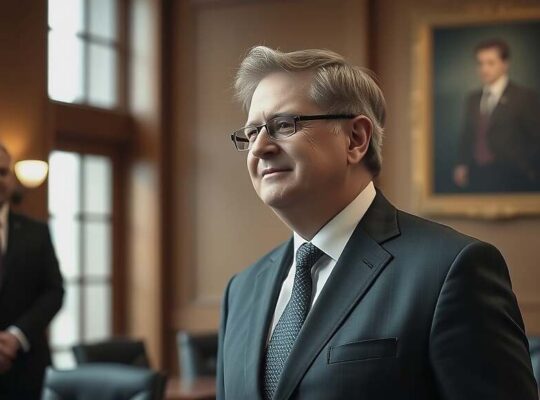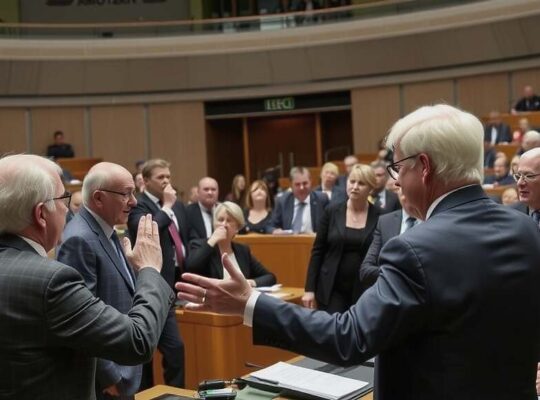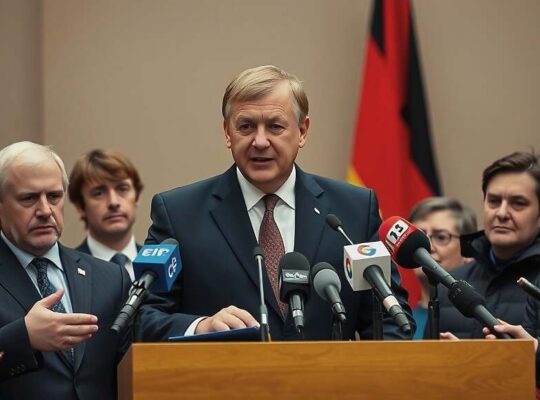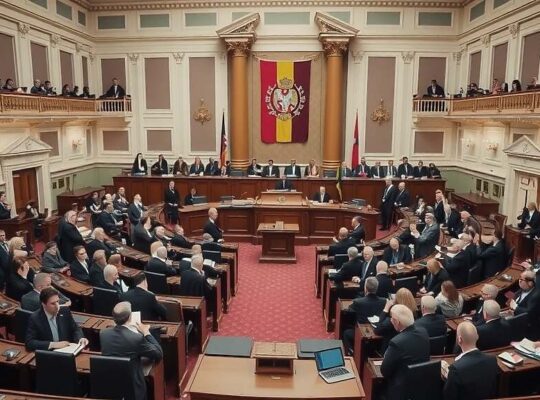European Central Bank Vice President Luis de Guindos has cautioned against political interference in monetary policy, highlighting potential consequences for inflation and interest rates. In an interview with “Welt” de Guindos stated that governmental intervention in monetary affairs has historically led to inflationary pressures and rising interest rates, describing it not as a theoretical concern but as a demonstrably established pattern. He emphasized the legally guaranteed independence of the ECB, asserting its crucial role in maintaining price stability.
Addressing concerns related to growing deficits, particularly in France and increased defense spending across Europe, de Guindos underscored the importance of adherence to European treaties for sound public finances. However, he indicated that there is currently no basis for the ECB to intervene through the Transmission Protection Instrument (TPI), noting the current stability of financial markets. He affirmed that there were no signs of liquidity issues and the spreads between sovereign bonds of Eurozone countries were not currently cause for alarm.
Regarding the economic outlook for Germany, de Guindos expressed confidence, recalling Germany’s previous period of economic struggle and its subsequent recovery. He voiced trust in the German economy’s resilience, while acknowledging ongoing challenges. These include Germany’s historical reliance on inexpensive Russian energy and the pressures facing its export-oriented business model in the context of ongoing trade disputes. De Guindos pointed to the creation of a special fund for infrastructure projects as a key step towards addressing these challenges.
Regarding monetary policy, de Guindos confirmed the ECB’s commitment to its current course. He described the current interest rates as appropriate given prevailing inflation trends, ECB projections and the transmission of monetary policy. The unanimous decision against interest rate reductions reflected these considerations. De Guindos stressed that the Governing Council remains committed to maintaining flexibility, stating that the ECB would adjust its approach should circumstances warrant it. He underscored the need for the ECB to act cautiously and avoid volatility, noting that central banks must maintain a steady course amidst market fluctuations.












